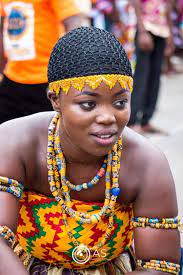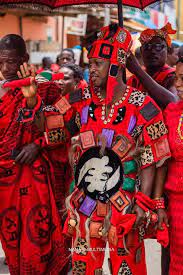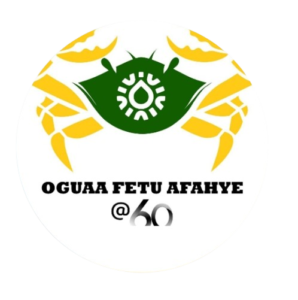Oguaa Fetu Afahye @60
The biggest Festival in Ghana.
Fetu Afahye is an annual festival celebrated by the people and chiefs of Cape Coast Traditional Area in the Central Region of Ghana
- {{ listingType.name }}
- prev
- next

The Fetu Afahye is a festival celebrated by the chiefs and peoples of Cape Coast in the Central region of Ghana.The festival is celebrated on the first Saturday in the month of September every year. The Fetu Afahye is celebrated annually by the Oguaa people of Cape Coast because in the past there was an outbreak of disease among the people that killed many. The people prayed to the gods to help them to get rid of the disease. Thus the festival is celebrated to keep the town clean and to prevent another epidemic befalling the people.

EXPLORE Oguaa Fetu Afahye
According to tradition, a plague once ravaged the Oguaa community. Cape Coast was thus founded as a fishing community by a man, Oguaa who gave his name to the place. Such was the devastating effect of the plague that the people called on their gods before the plague stopped and the land was cleansed. The word fetu is a contraction of ‘efin tu’ in the local dialect which means clearing the dirt.
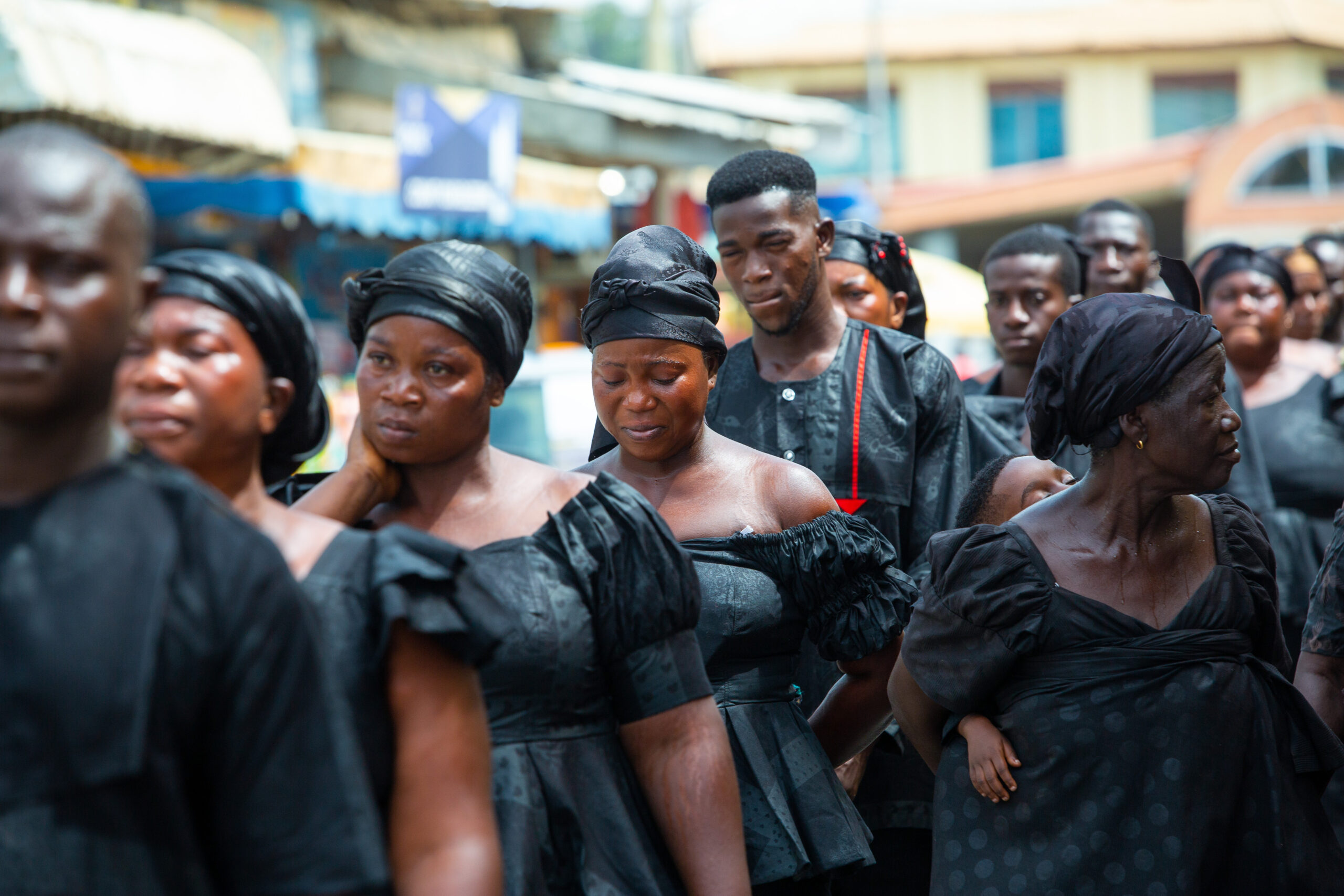

Before the start of the Fetu Afahye celebrations, the Omanhene (paramount chief of the Oguaa) spends a week in confinement to confer with the gods. A ban is placed on drumming, dancing, noise making and merriment within the municipality, while fishing in the Fosu Lagoon is forbidden at this period.
On the last Monday in August, the festival proper starts as the people observe a vigil at the Fosu Lagoon where the priests and priestesses invoke the gods with drumming and dancing through the night which attracts large crowd mainly the youth and tourists. Ritual activities continue the following day at the Fosu shrine, followed by regatta on the lagoon after libation is offered by the Omanhene.

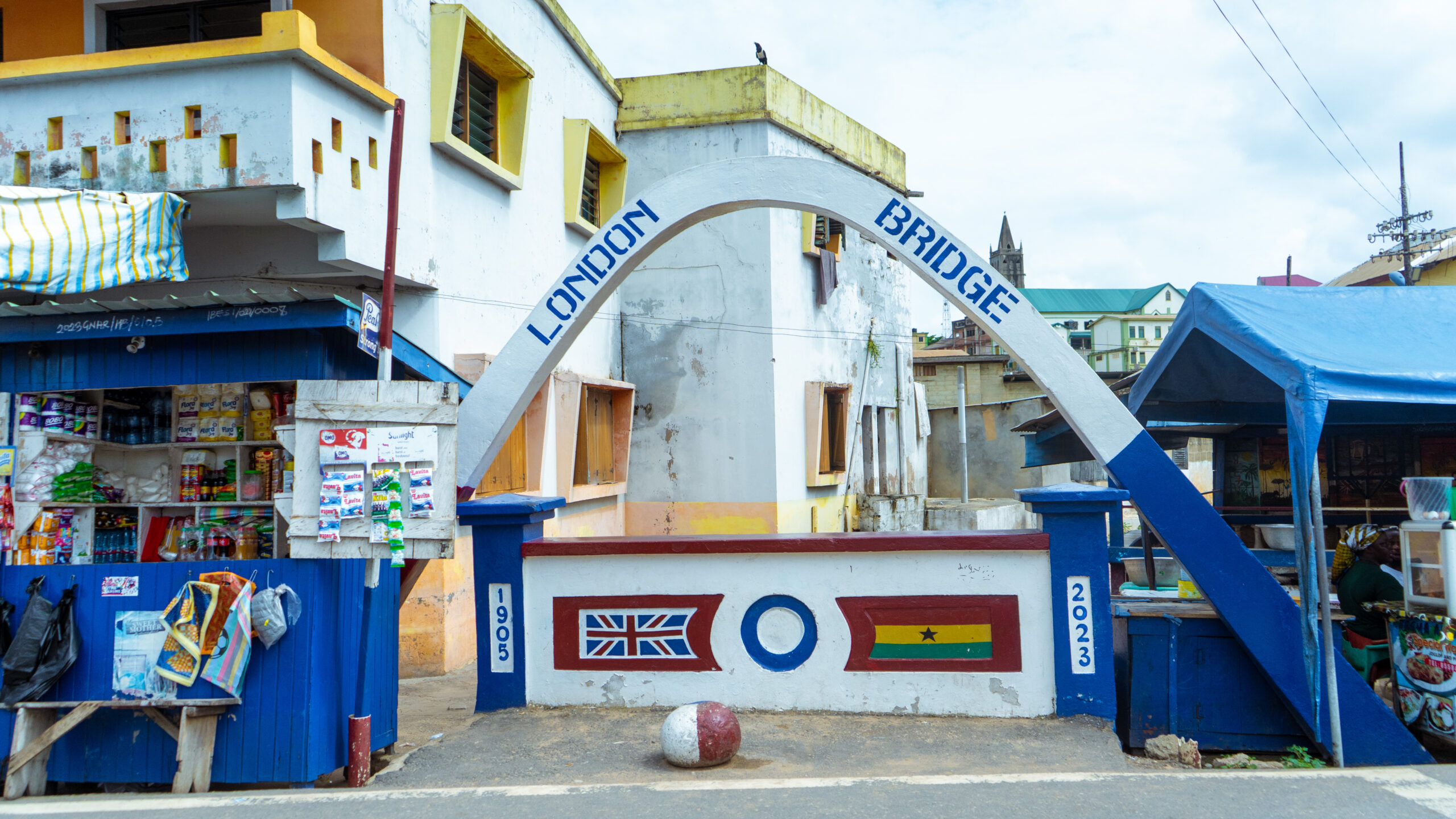
To celebrate 60 years of the Oguaa Fetu Afahye with a series of vibrant, inclusive, and culturally enriching events that honor our traditions, engage our community, and promote the cultural heritage of Cape Coast.
To organize and execute a memorable 60th anniversary celebration of the Oguaa Fetu Afahye, ensuring a blend of traditional values and modern innovations that will leave a lasting legacy for future generations.

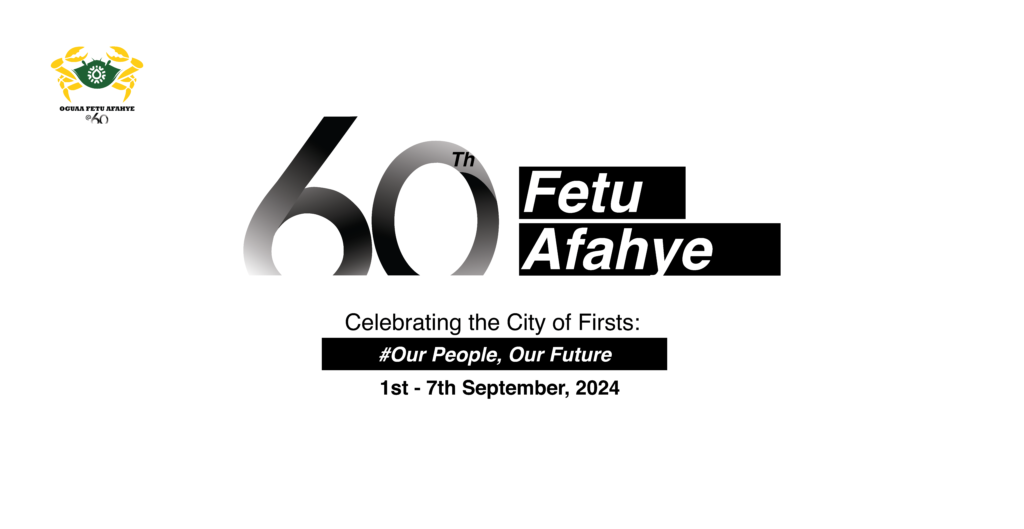


To honor and celebrate the rich cultural heritage of Cape Coast through traditional ceremonies, performances, and events.
To involve the entire community in the celebrations, fostering a sense of unity and pride.
To attract visitors from around the world, showcasing the beauty and cultural richness of Cape Coast.
To use the festival as a platform to promote sustainable development initiatives within our community.
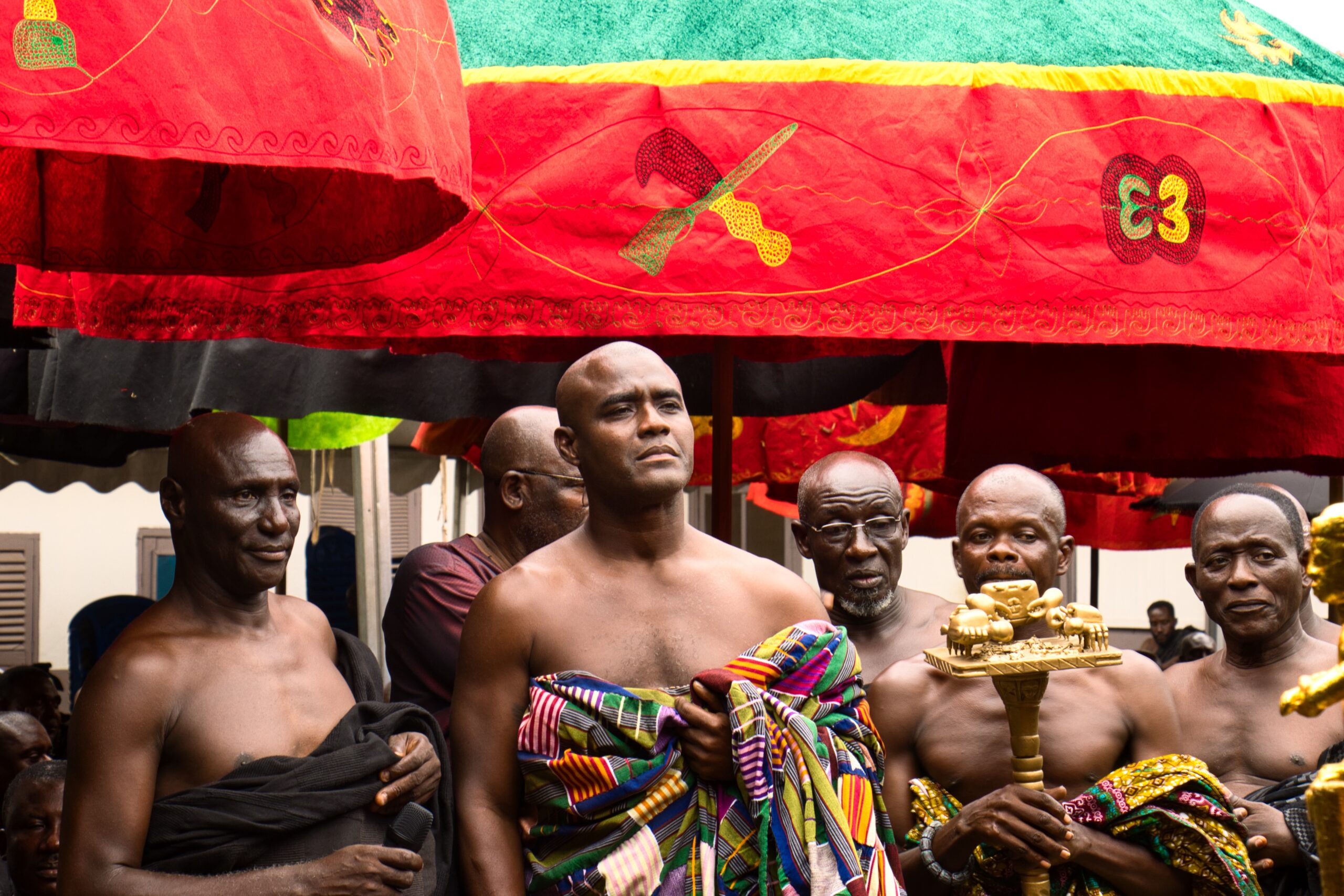

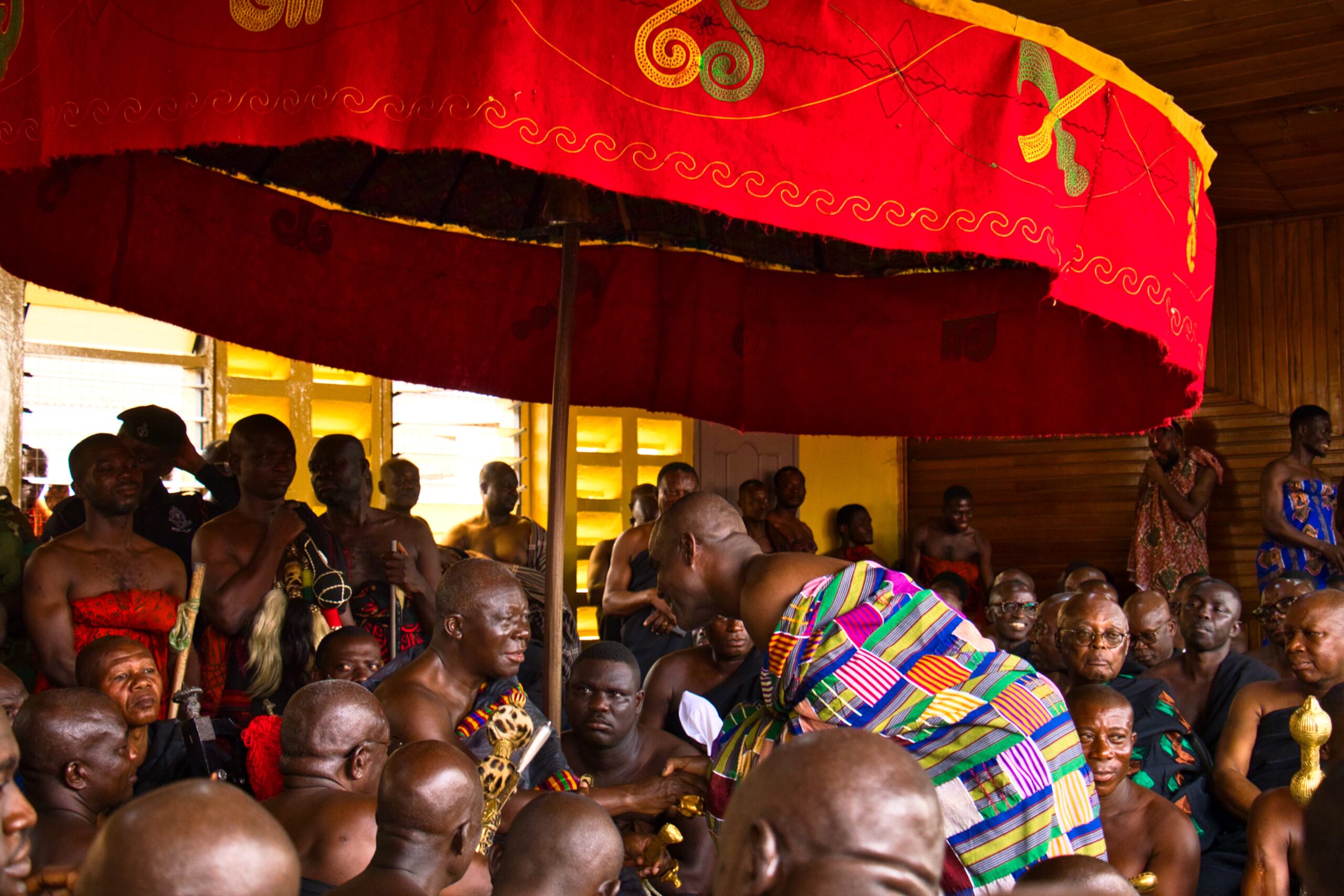








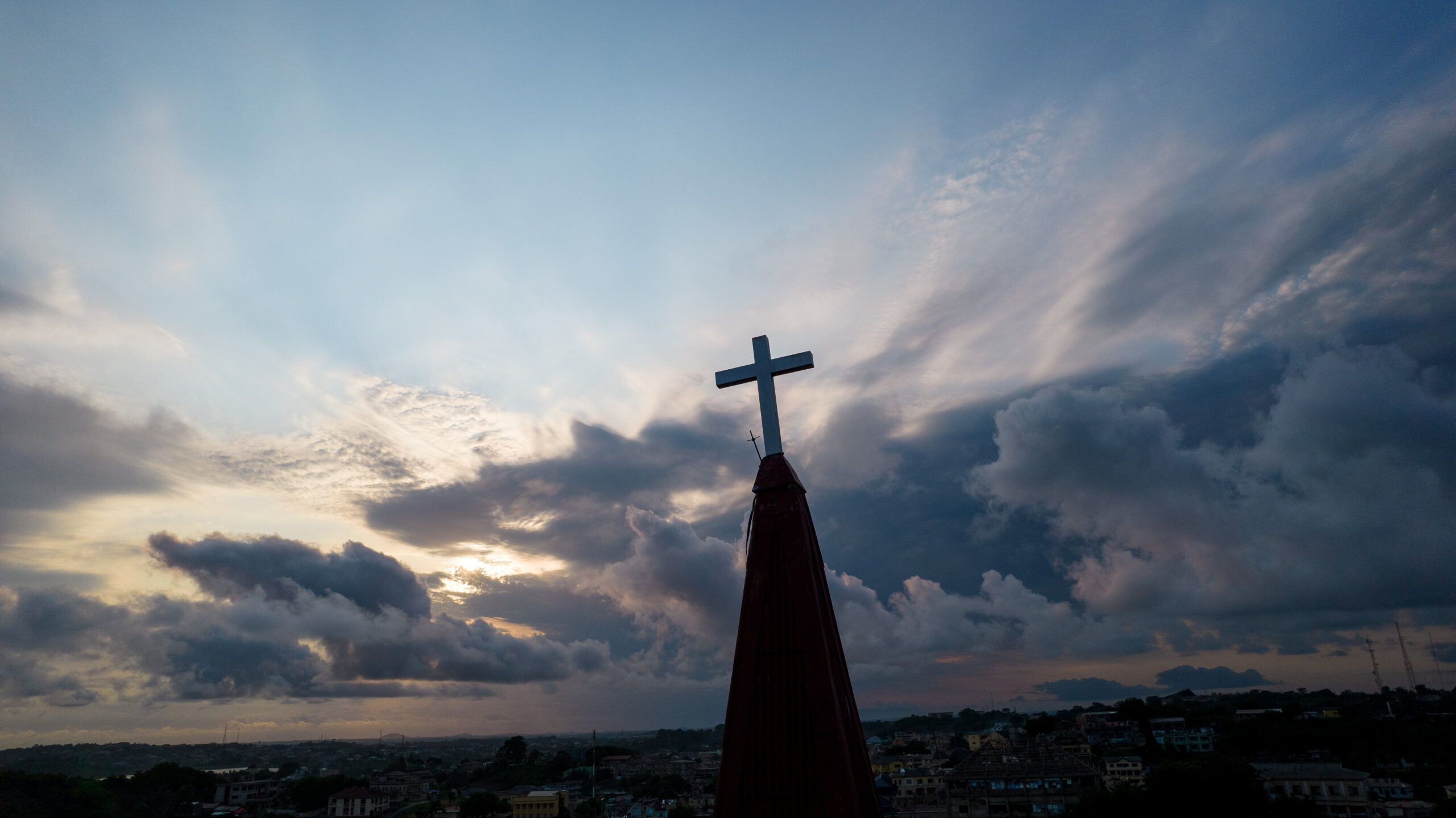
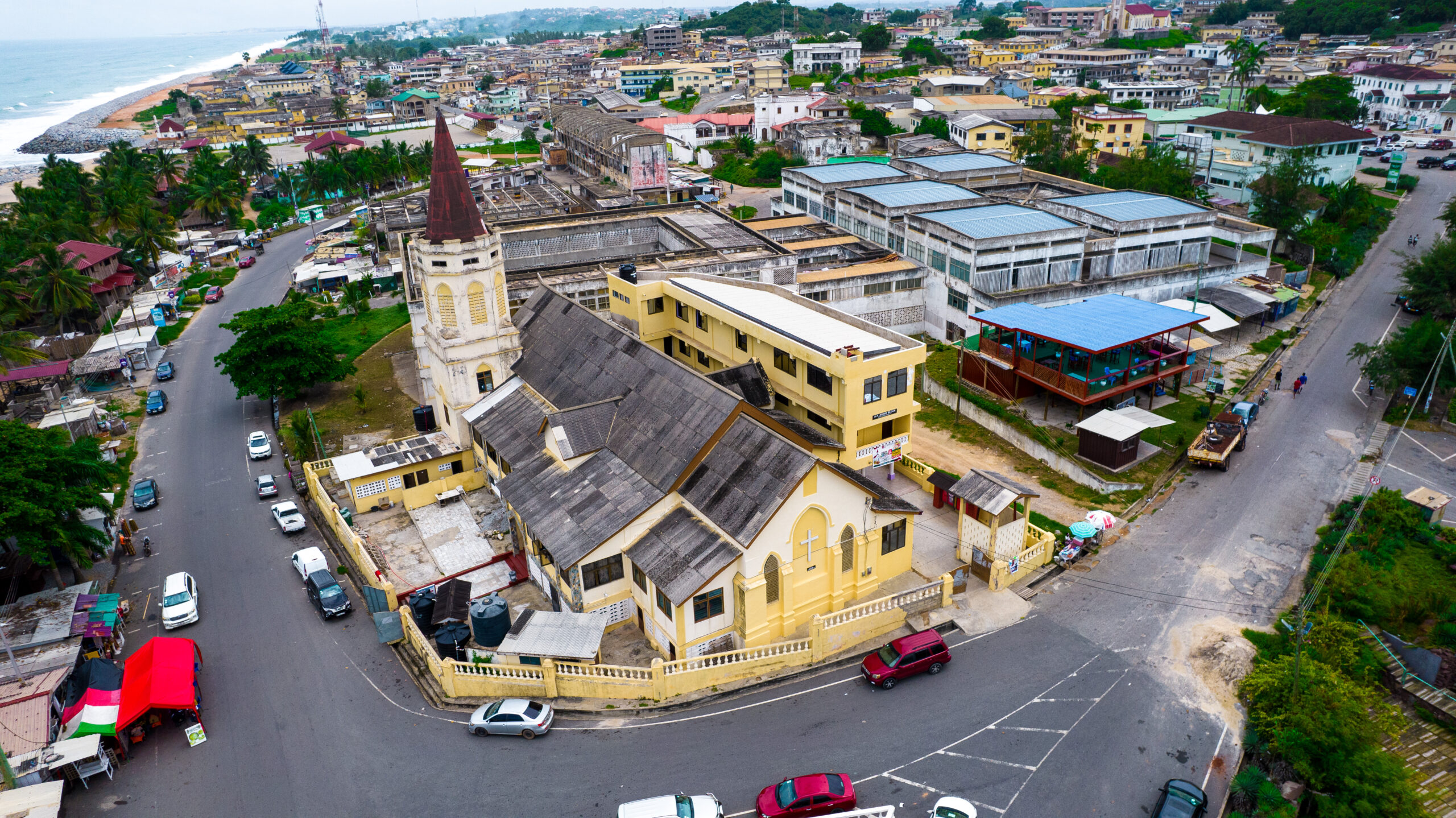






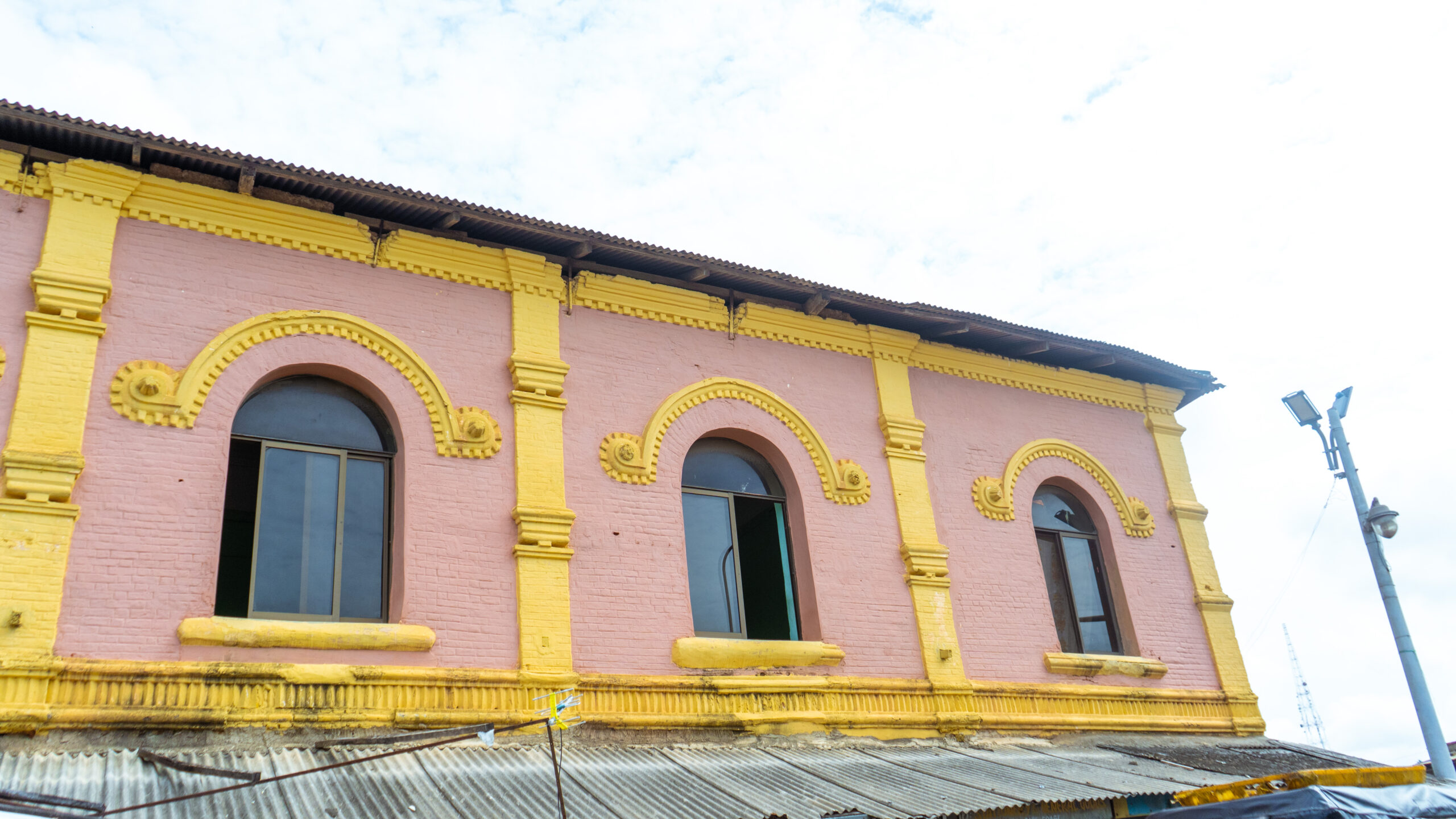
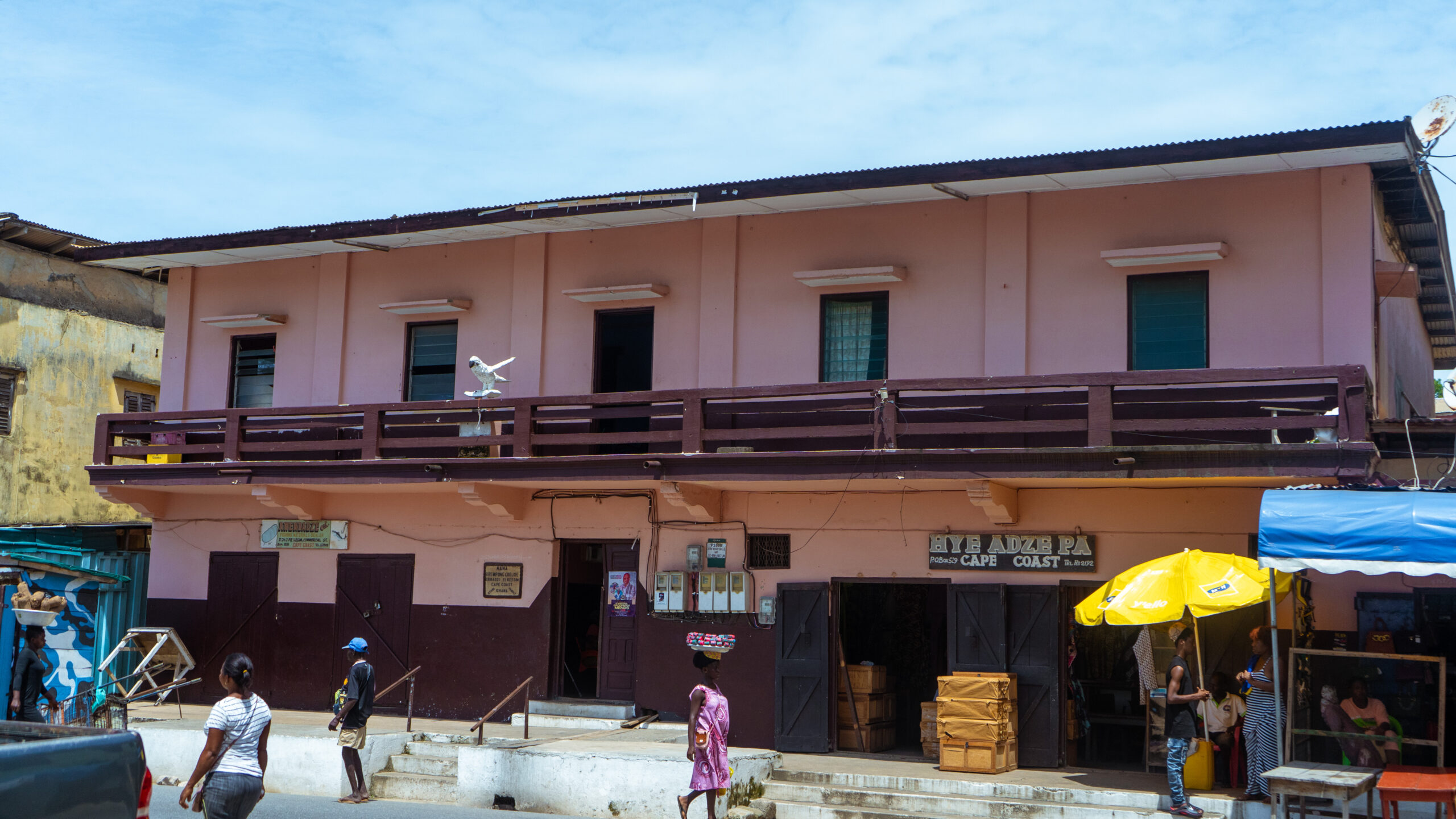
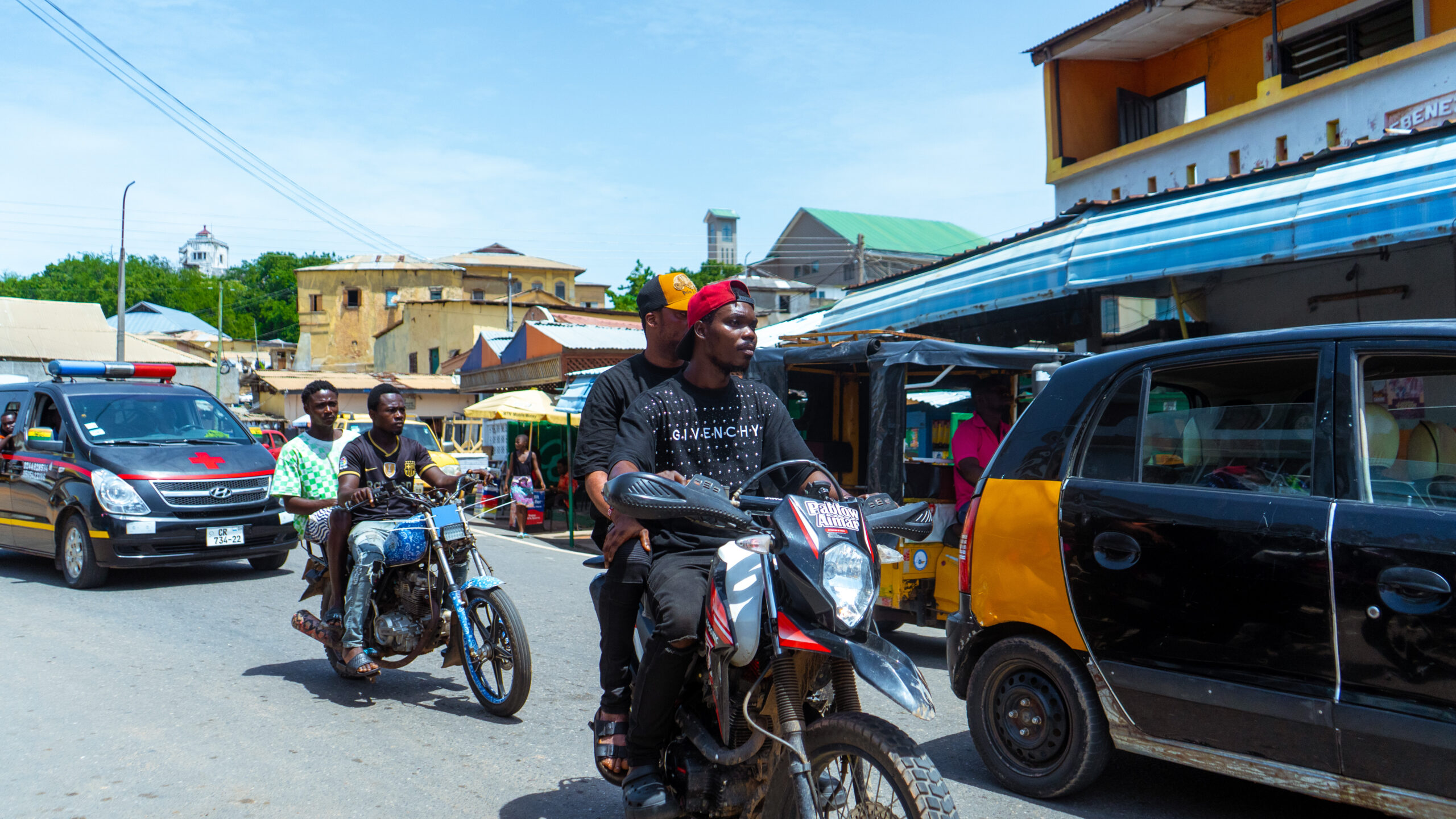

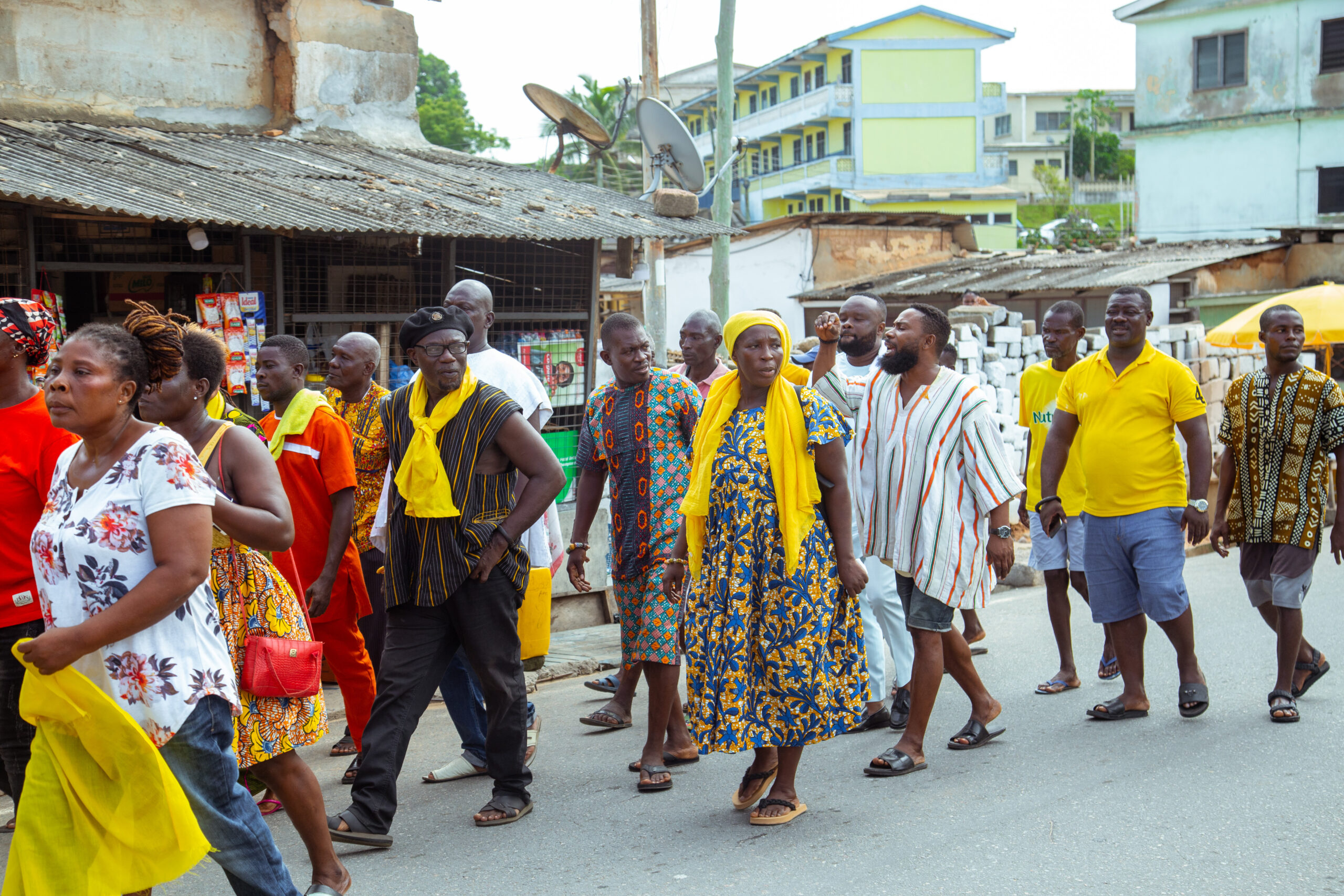




















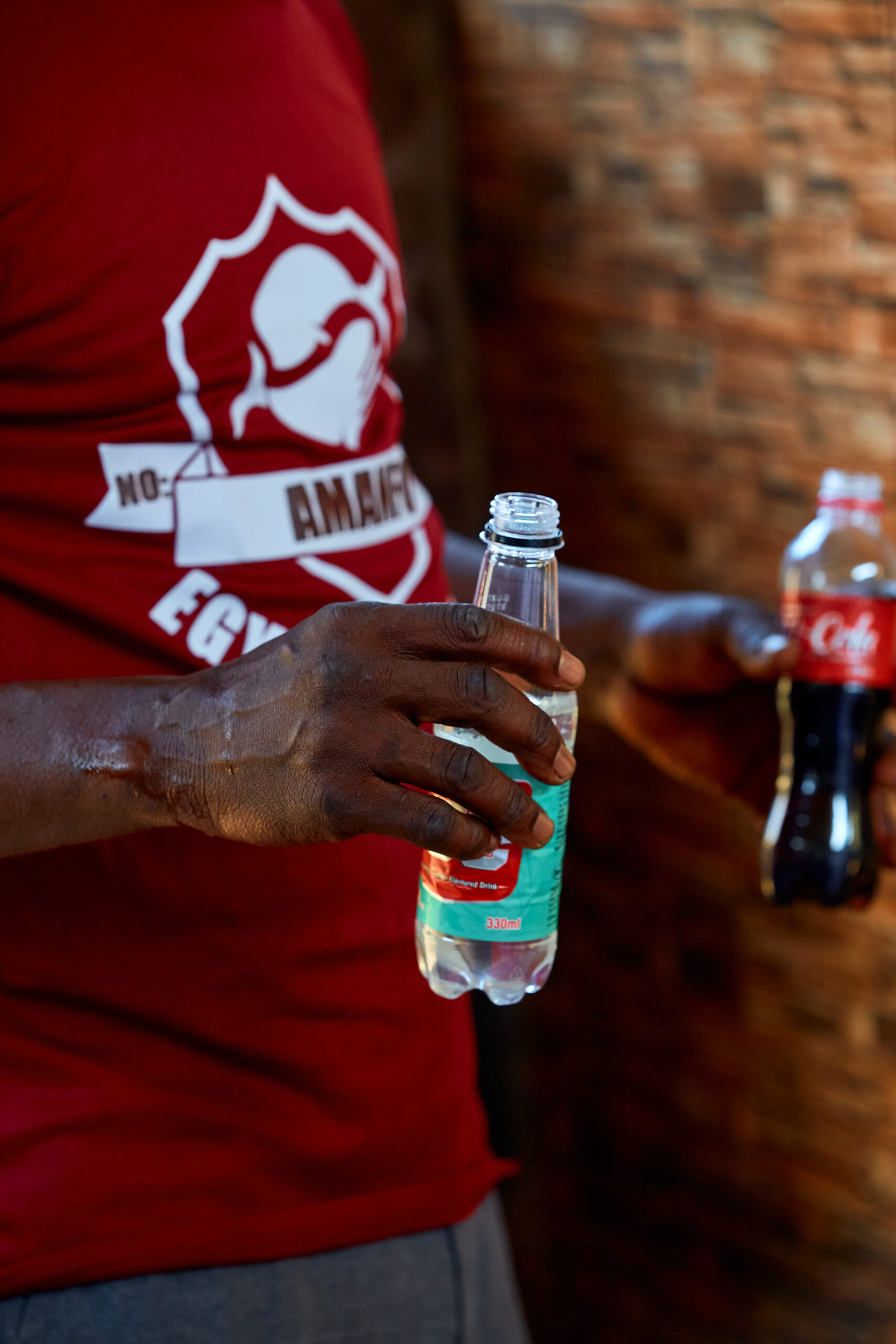


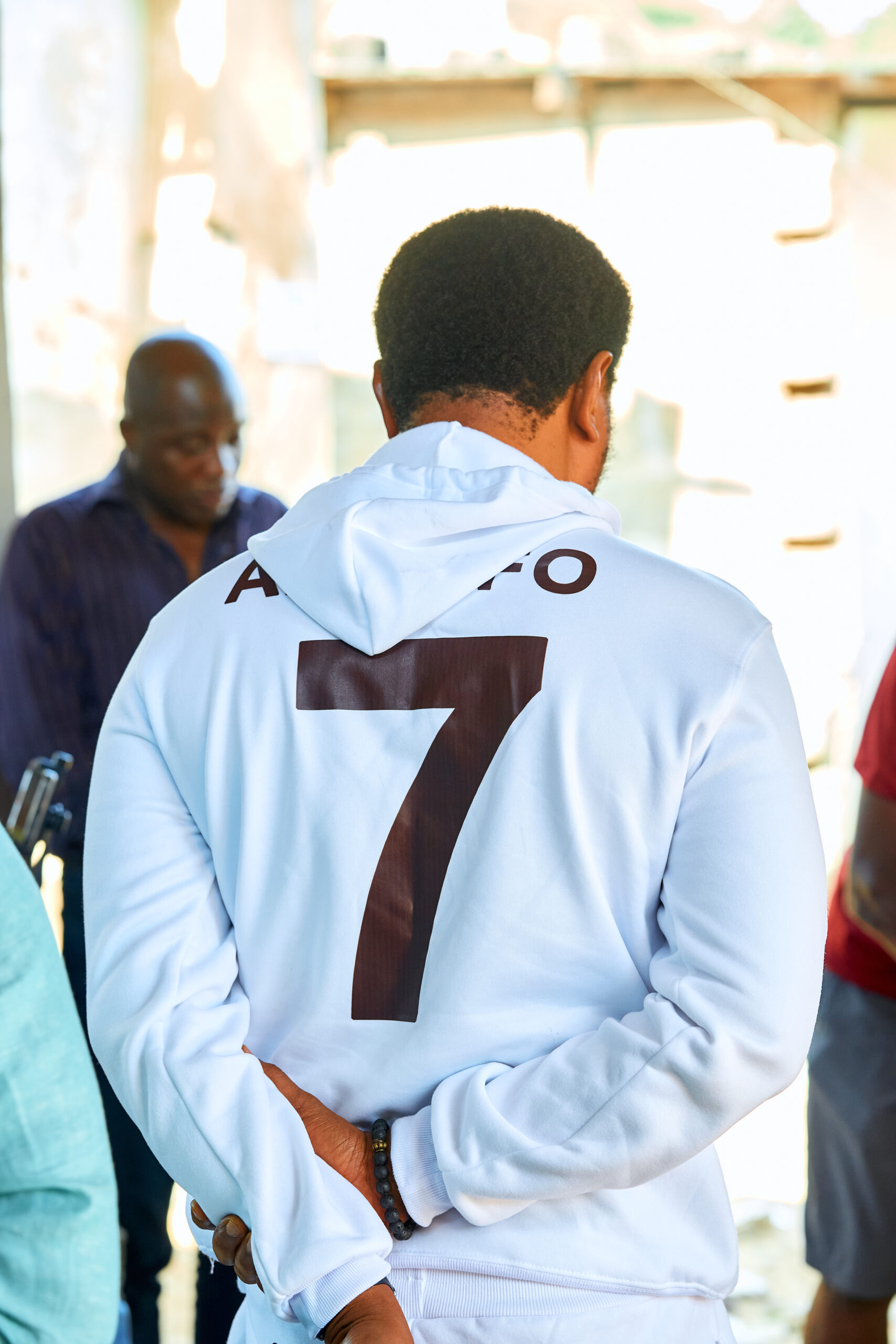

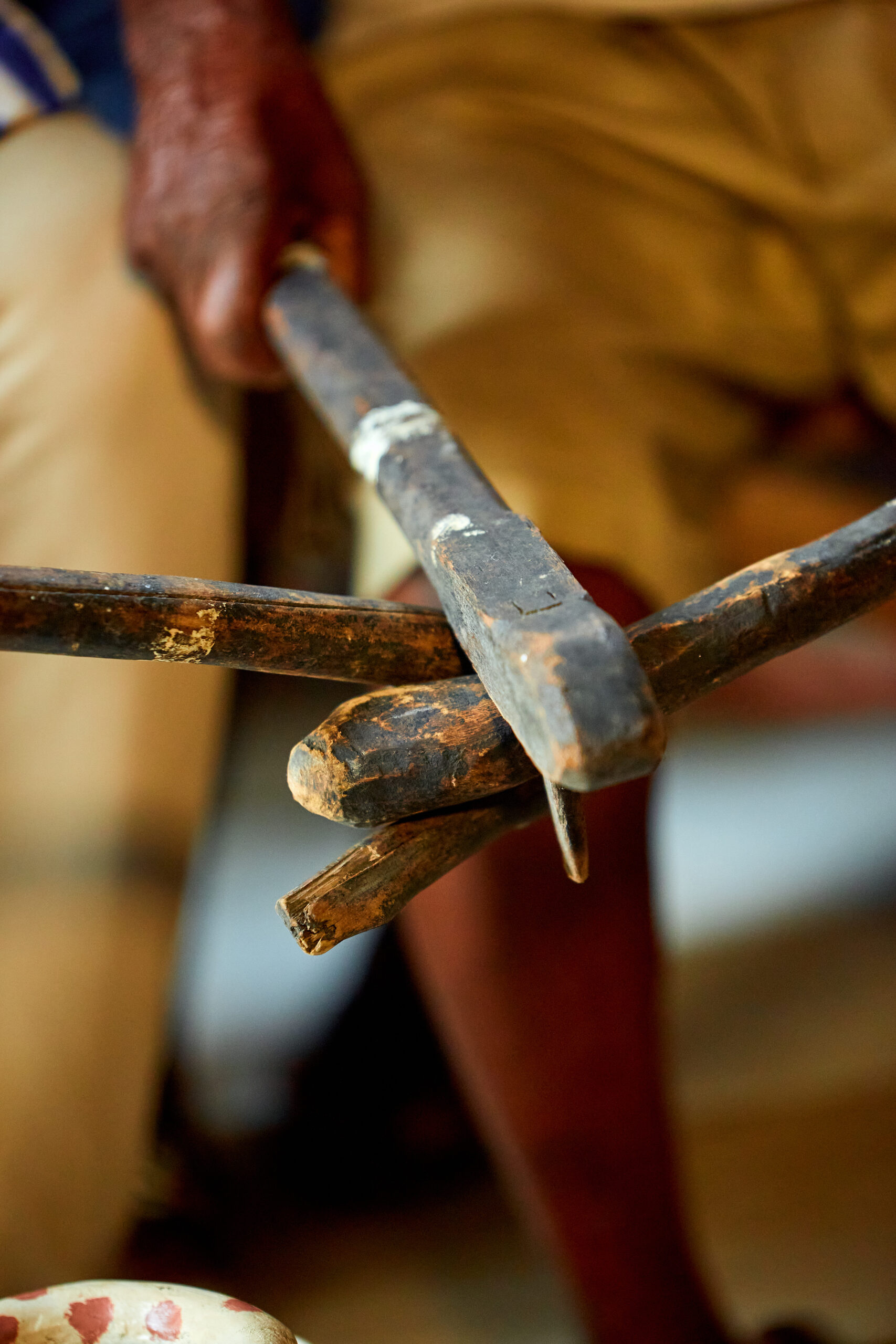


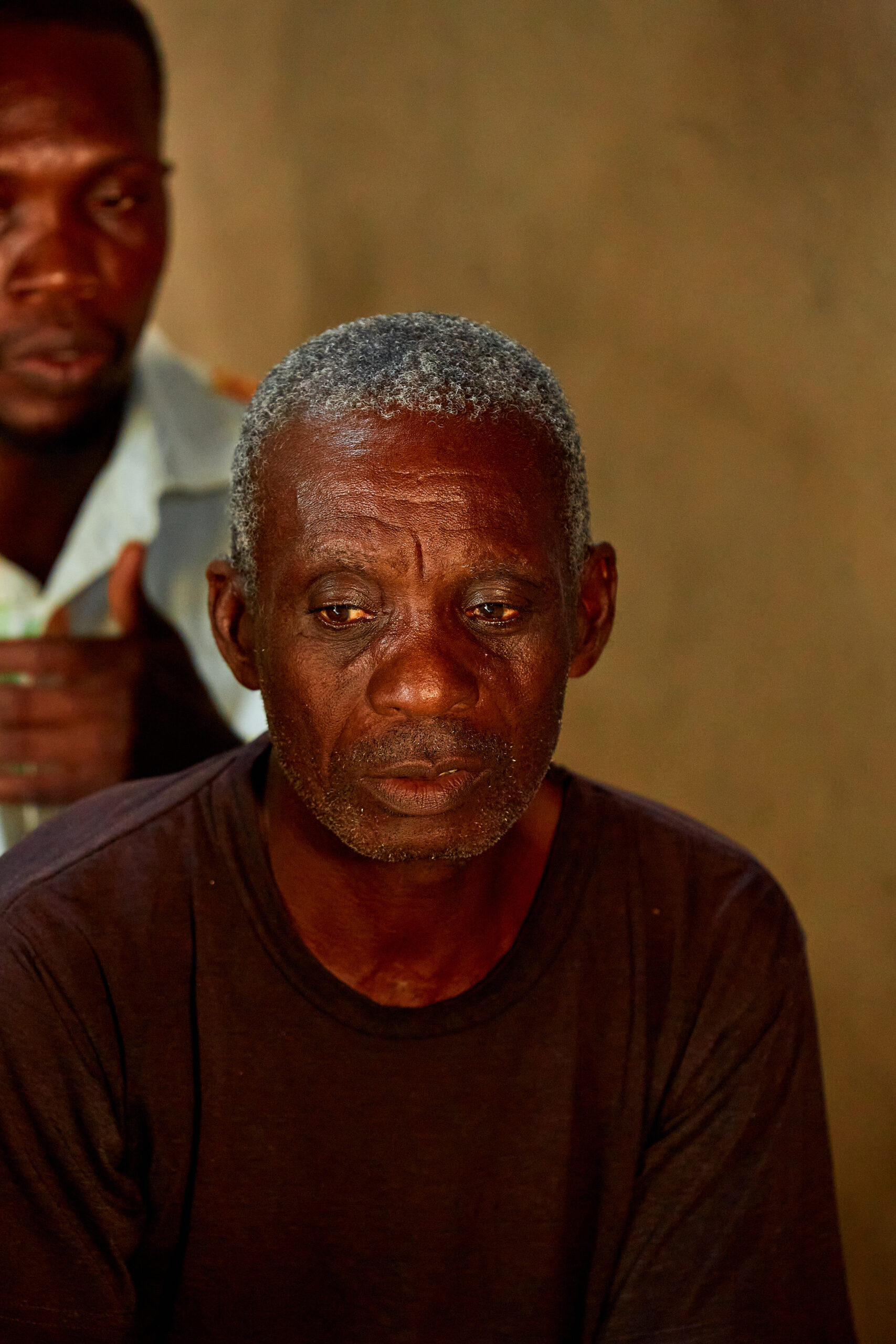





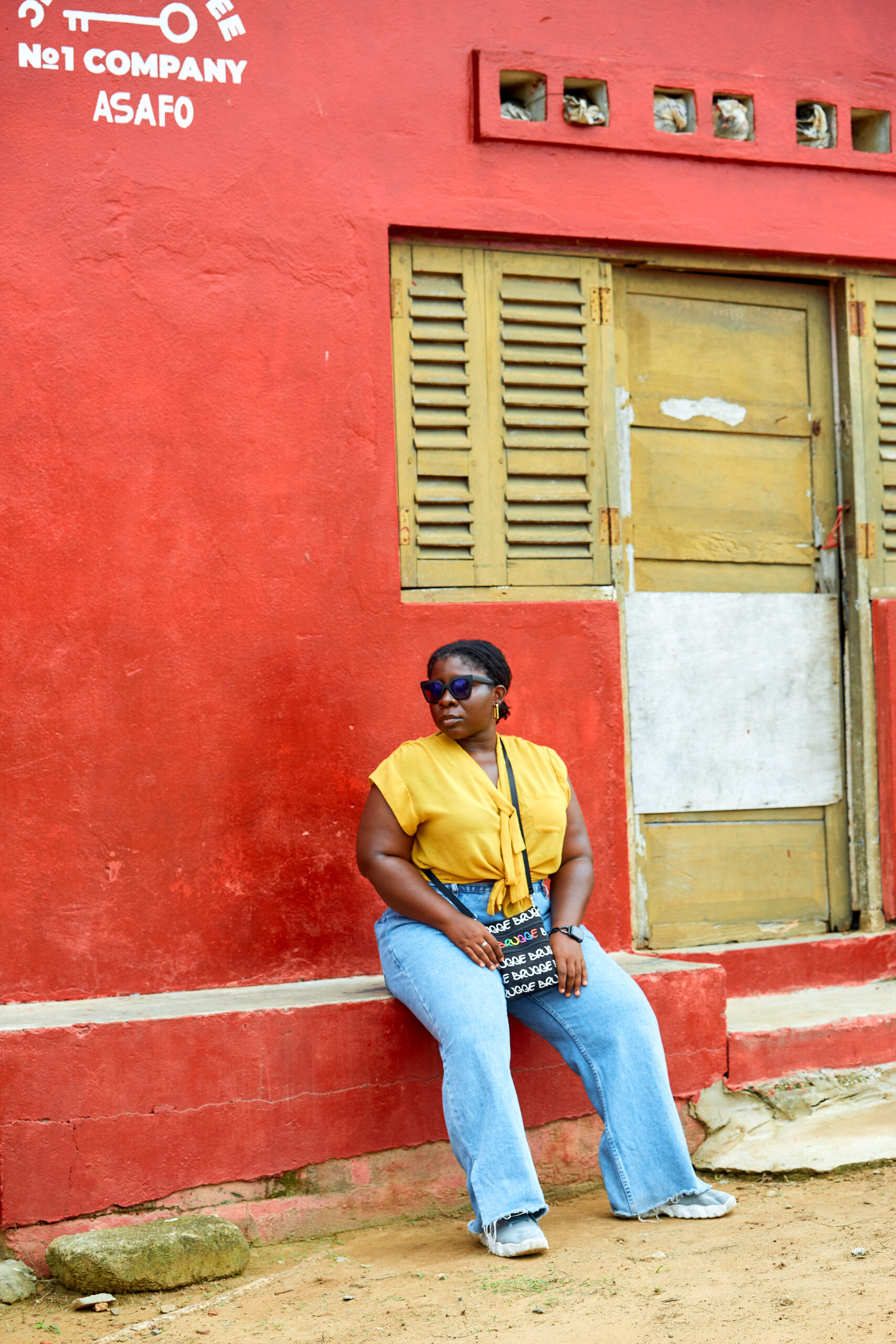
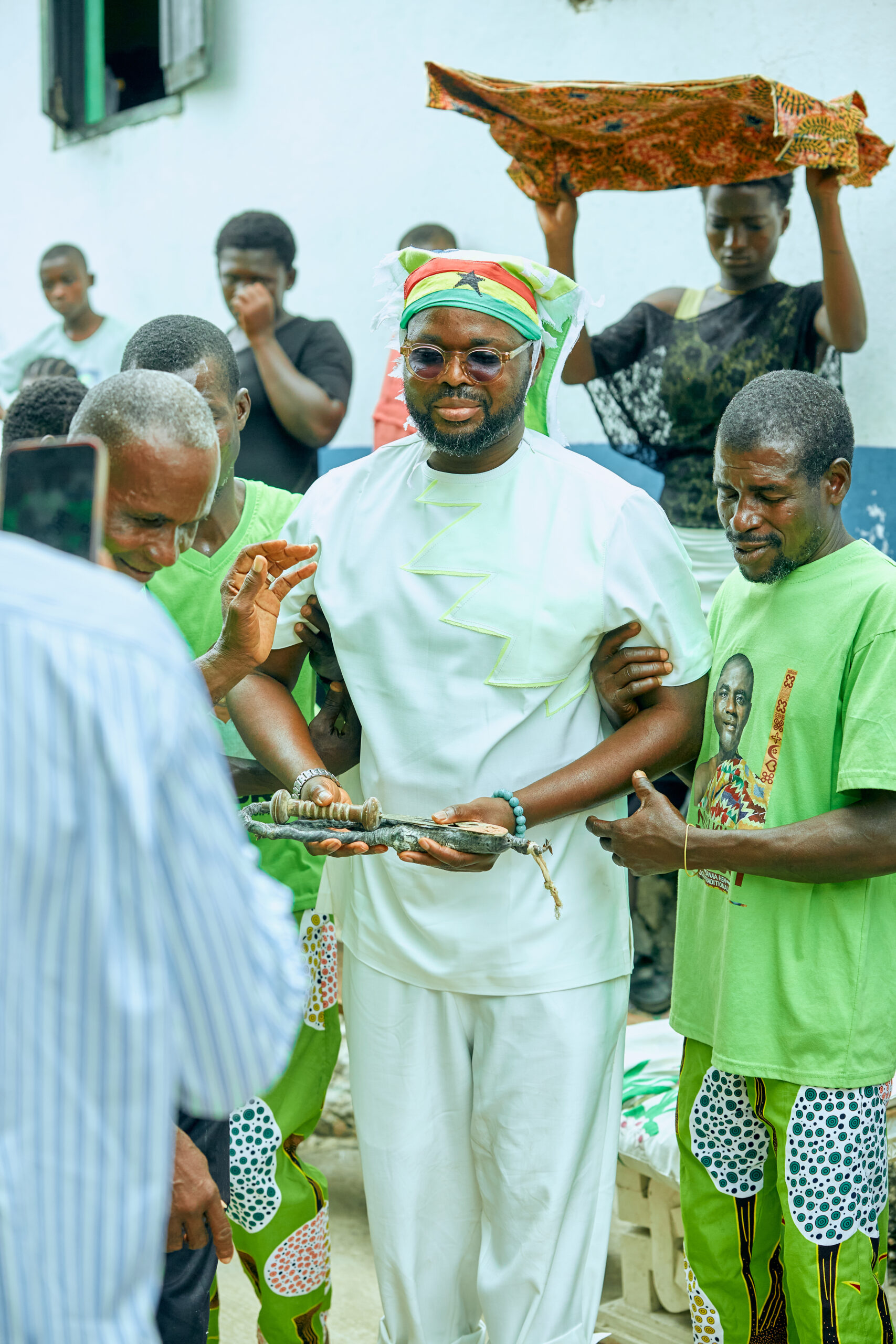
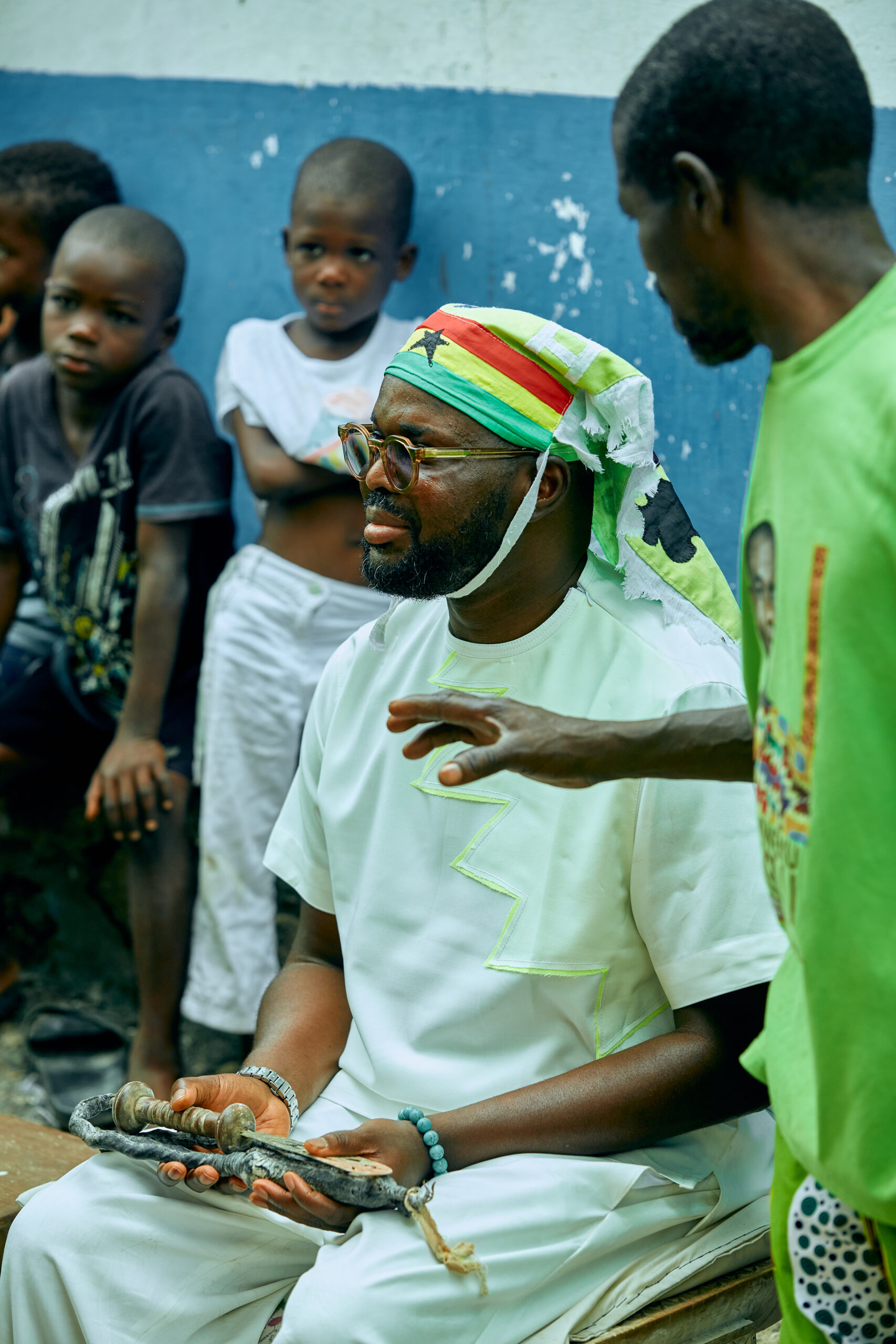
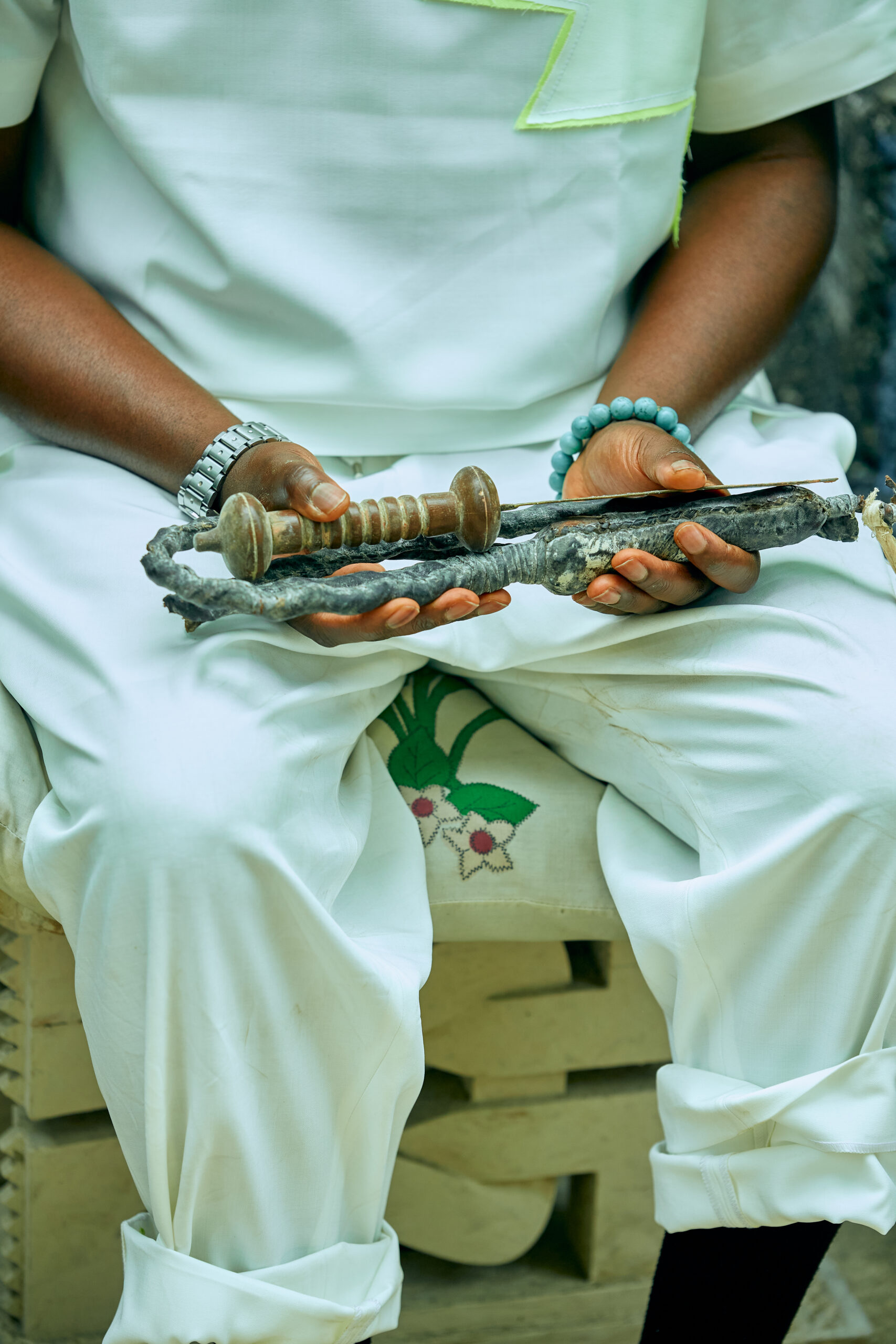
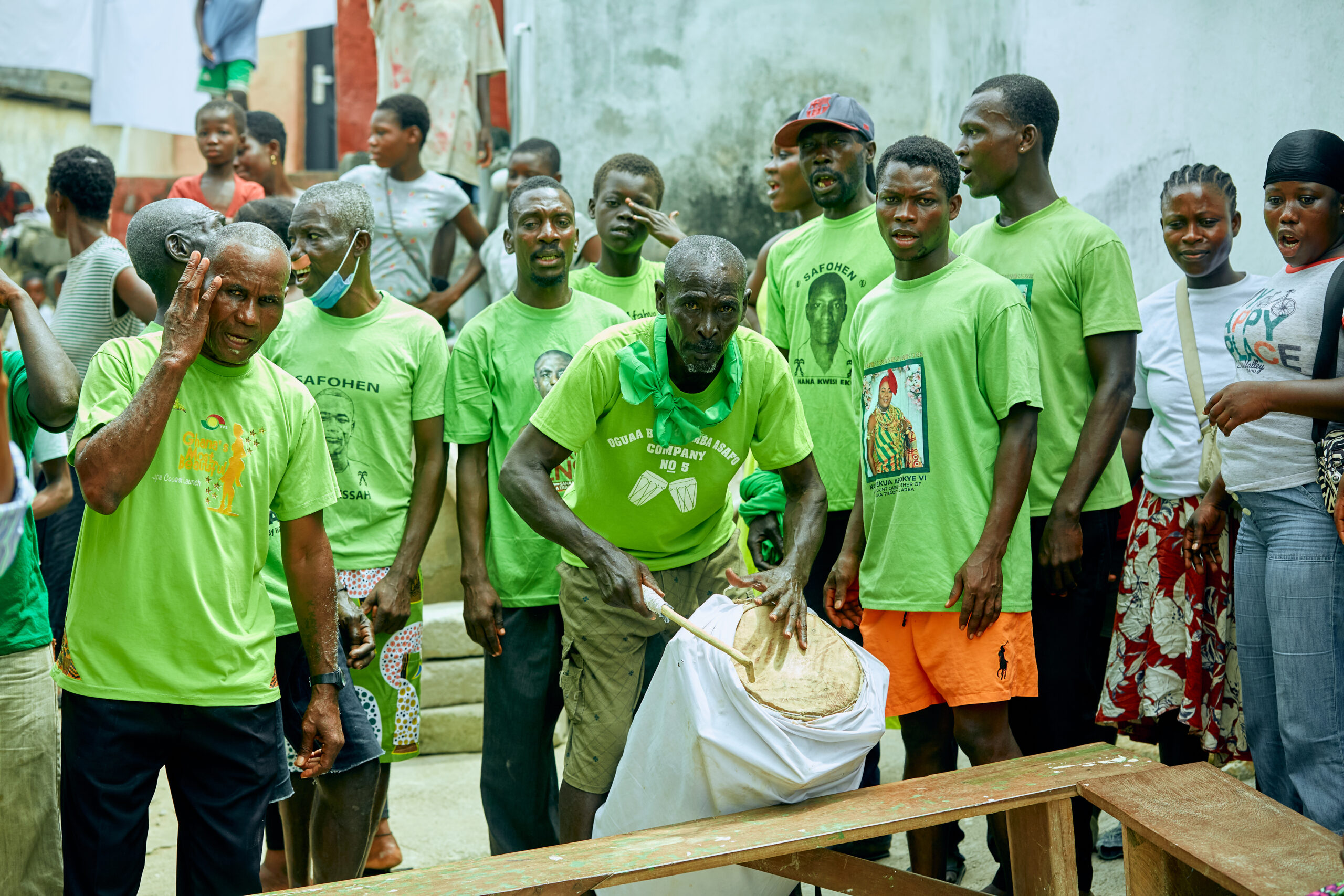
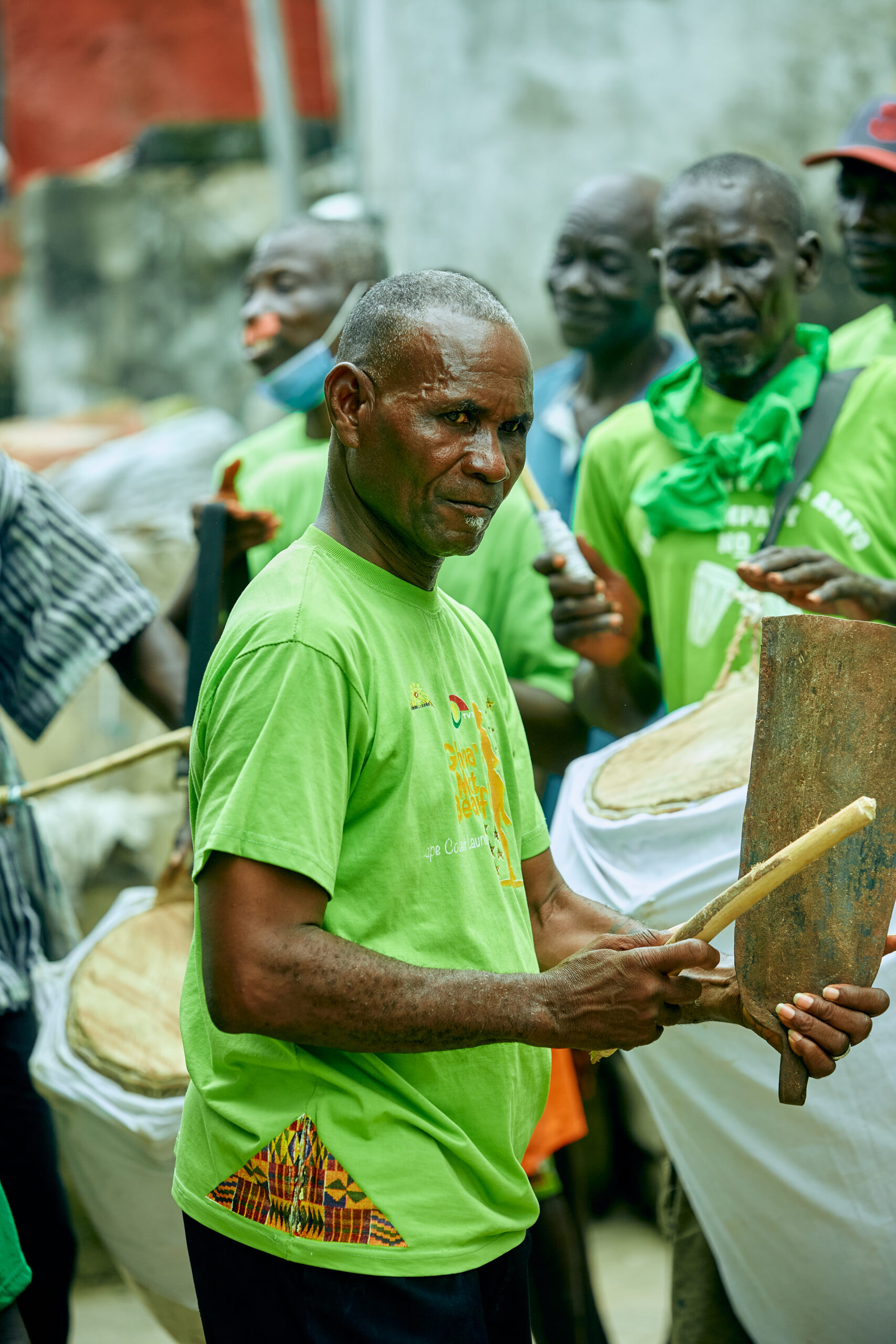
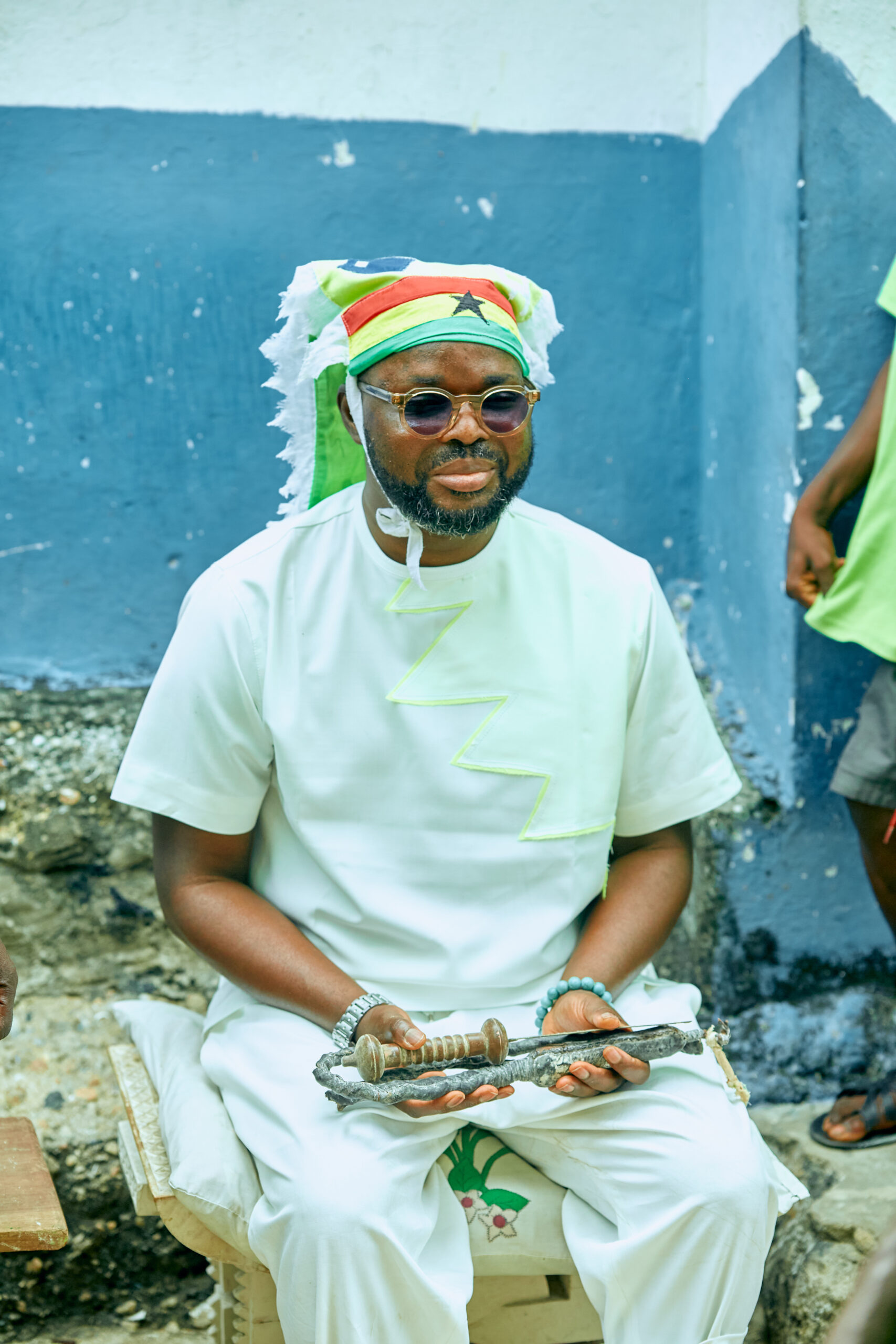
The Fetu Afahye is a festival celebrated by the chiefs and peoples of Cape Coast in the Central region of Ghana. The festival is celebrated on the first Saturday in the month of September every year.

Observation of "Amuntumadeze", a day dedicated to the general cleaning of the towns.

The climax of the event is held on the first Saturday in September's.

A grand ceremony is held on Sunday, when a joint service of all Christian denominations is held at Victoria Park.
Create a username and password with your email address.
Submit your business information's · Briefly present yourself (business & professional services etc.)
We review all businesses submitted in less than
24 hours.
Join business associations, participates with our online forums and discussion groups.

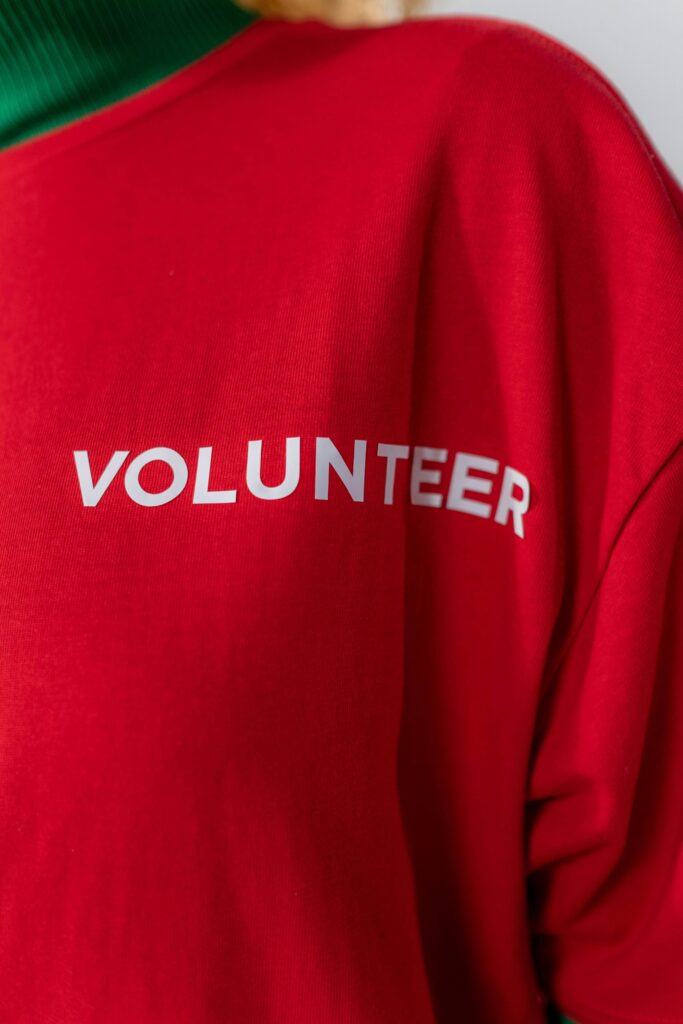
paramount chief
The Fetu Afahye was once banned by the then colonial administration of the country, and specifically Cape Coast, and was termed “Black Christmas” to depict it as a bad traditional phenomenon.

It is also noted that before the festival, all drumming festivities and drumming sounds are banned as tradition demands, as well as fishing in the Fosu Lagoon, lying between The Government Central Hospital and stretching to a place called Aquarium, to ensure a quiet and peaceful environment.

Fosu Lagoon
The custodians of Fosu Lagoon (Amissafo) of Oguaa Traditional Area also pour libation at the estuary of the lagoon
